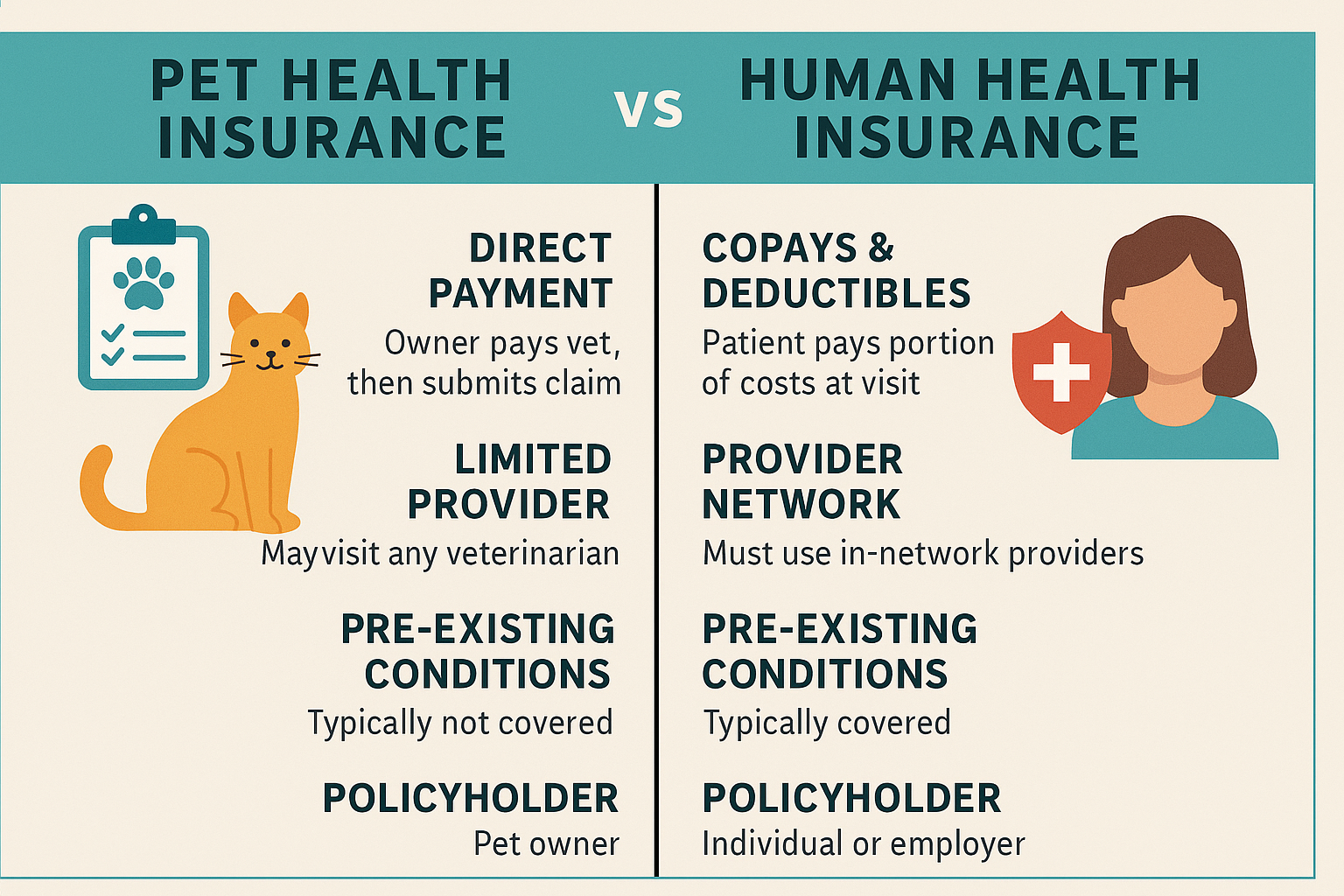
Travel Health Insurance: Do You Need It?
Traveling is an exciting experience, whether it’s for business, vacation, or a long-term international stay. But while most travelers focus on booking flights, securing hotel reservations, or planning their itinerary, one crucial component is often overlooked: travel health insurance. In 2025, understanding whether you need travel health insurance is more important than ever, especially in a world still navigating the aftermath of global health crises and rising international healthcare costs. This type of coverage offers peace of mind, protects your finances, and ensures that you have access to medical care while away from home.
Travel health insurance is designed to cover emergency medical expenses that may arise while you’re traveling abroad or in another region outside your health insurance network. Most domestic health insurance plans offer limited or no coverage once you leave your home country, which can leave you financially vulnerable in the event of illness, injury, or hospitalization. With travel health insurance, you can rest assured that if an unexpected health issue occurs, you won’t be burdened with out-of-pocket costs that could run into thousands of dollars. This is especially vital when visiting countries with expensive healthcare systems or limited public health infrastructure.
In addition to covering emergency treatments, many travel health insurance plans offer benefits like medical evacuation, repatriation, coverage for pre-existing conditions, and 24/7 access to multilingual support. In destinations where high-quality care may only be available in another city—or even another country—having coverage for medical evacuation can be life-saving. Moreover, if you’re traveling with chronic conditions or take prescription medications, some plans will accommodate these needs, but it’s critical to review the policy’s fine print before purchasing.
With the increased awareness of global health risks, many countries now require proof of travel health insurance before granting entry, especially for long-term stays or work visas. As a result, travel insurance is not just a recommendation—it may be a legal requirement. Even if a destination doesn’t mandate insurance, smart travelers recognize that health emergencies can happen anywhere and at any time. From a simple infection to a serious accident, being uninsured abroad can create stress and financial strain that disrupts your entire trip.
It’s also worth noting that travel health insurance is not the same as trip cancellation or baggage insurance. While those policies protect against disruptions like flight delays or lost luggage, travel health insurance focuses exclusively on your well-being. In 2025, many comprehensive travel insurance plans combine all these elements into a single package, but always confirm that medical coverage is explicitly included and sufficient for your destination’s risks and healthcare standards.
The cost of travel health insurance is often surprisingly affordable, especially compared to the potential medical bills incurred overseas. Factors that affect your premium include your age, travel destination, length of trip, and the level of coverage chosen. Some providers also offer multi-trip annual plans for frequent travelers, which can be cost-effective and convenient. Using comparison tools and reading verified customer reviews can help you find the best plan that fits your travel style and medical needs.
In conclusion, yes, you do need travel health insurance in 2025, particularly if you’re traveling internationally. It offers vital protection against unforeseen medical emergencies and ensures that your health doesn’t become a financial liability while you’re abroad. With travel risks and healthcare costs continuing to rise, having travel health insurance is not just a wise choice—it’s a necessary one. Whether you’re planning a weekend getaway or a year-long expedition, securing proper coverage before you leave can make all the difference between a smooth journey and a medical crisis.



